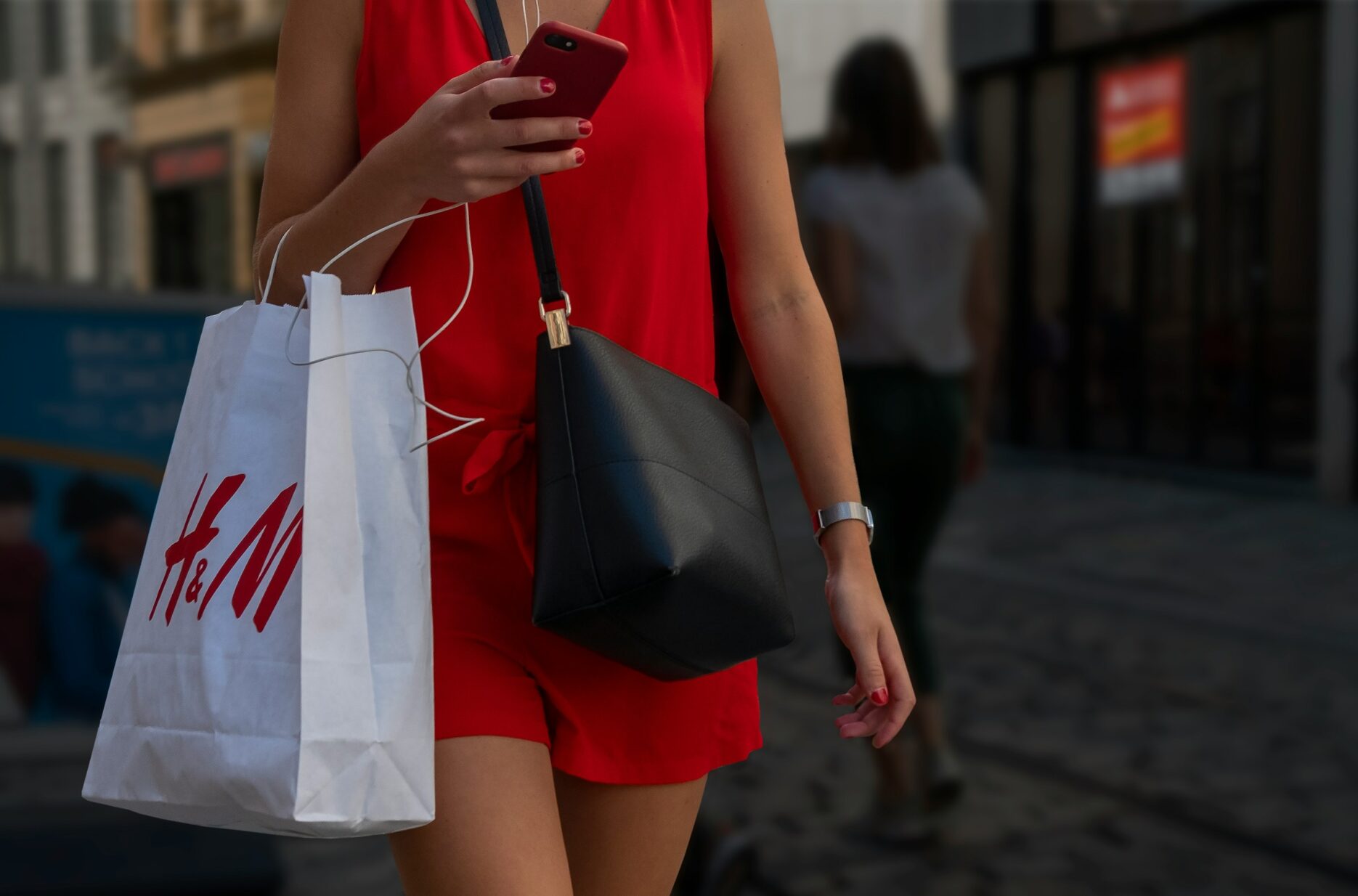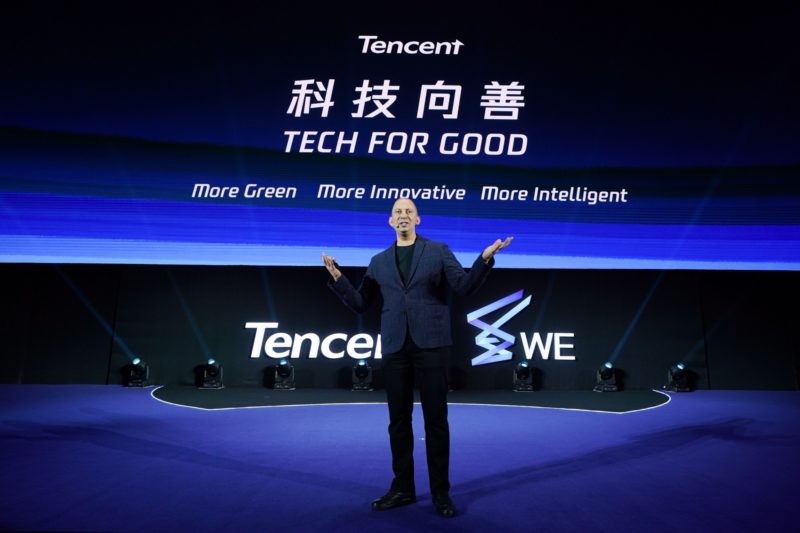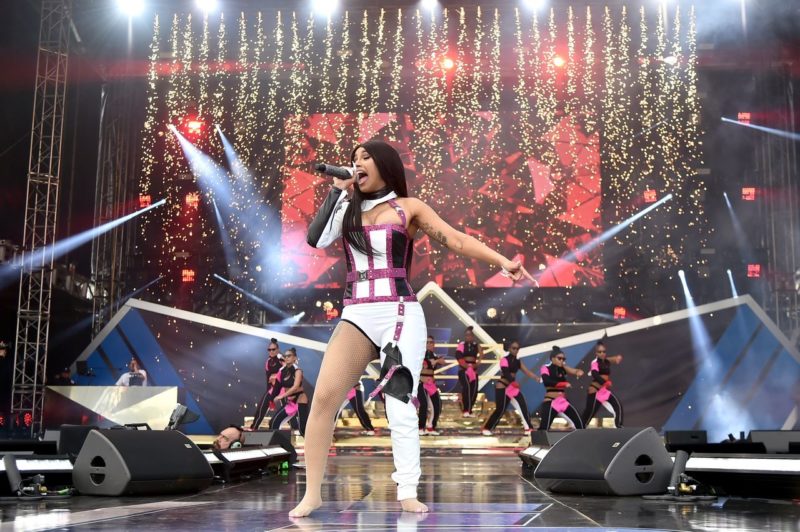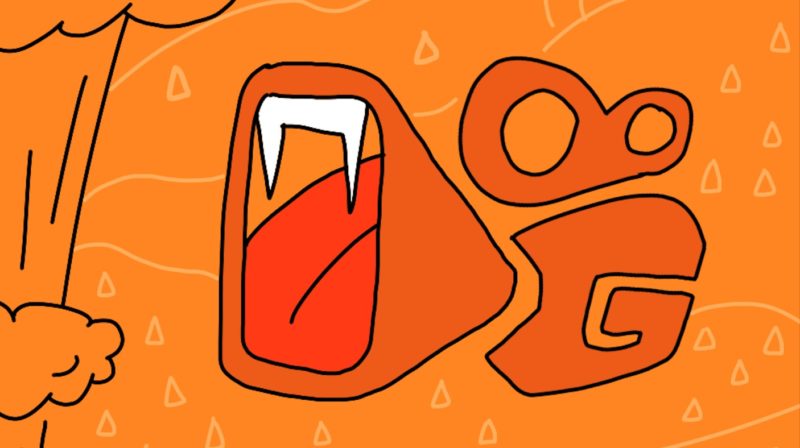H&M has been the latest company to face China’s cancel culture after a statement it published last year suddenly resurfaced today. In the statement, H&M stated that it was “deeply concerned” about reports of forced labour in China’s Xinjiang and had stopped using cotton from the region.
The topic, which has been widely discussed on social media, has led to a backlash against the company. Earlier today, online marketplaces Taobao, Pinduoduo, and JD removed all of H&M’s products from their e-commerce sites. The hashtag ‘#Taobao removed all of H&M’s products’ gained 150 million views on Weibo, with many netizens calling for a boycott of H&M to “leave the Chinese market”. Actor Huang Xuan and singer Song Qian have also stepped down as ambassadors for the fast-fashion company.
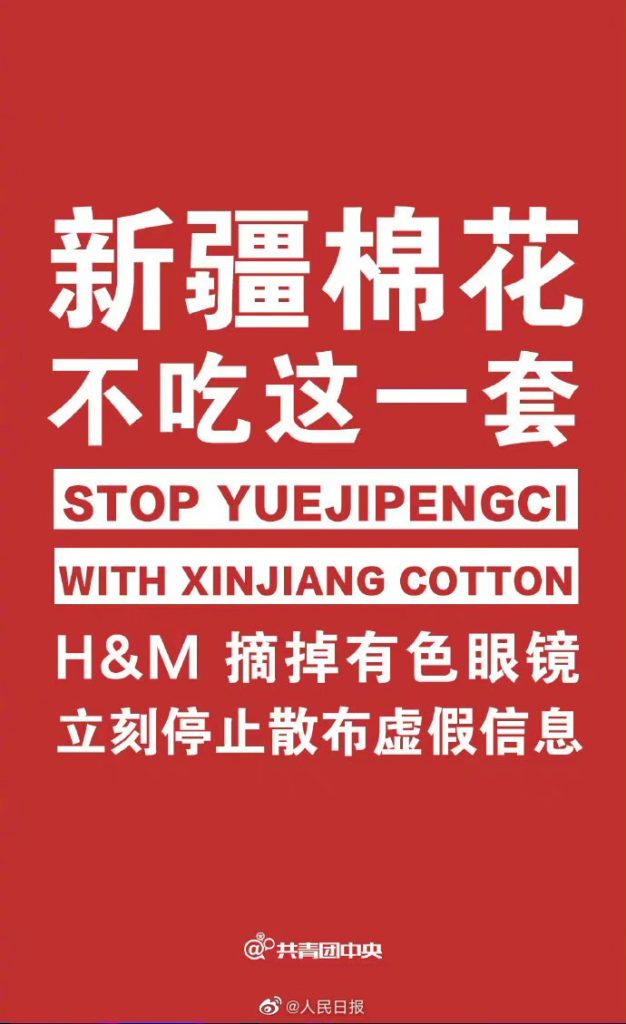
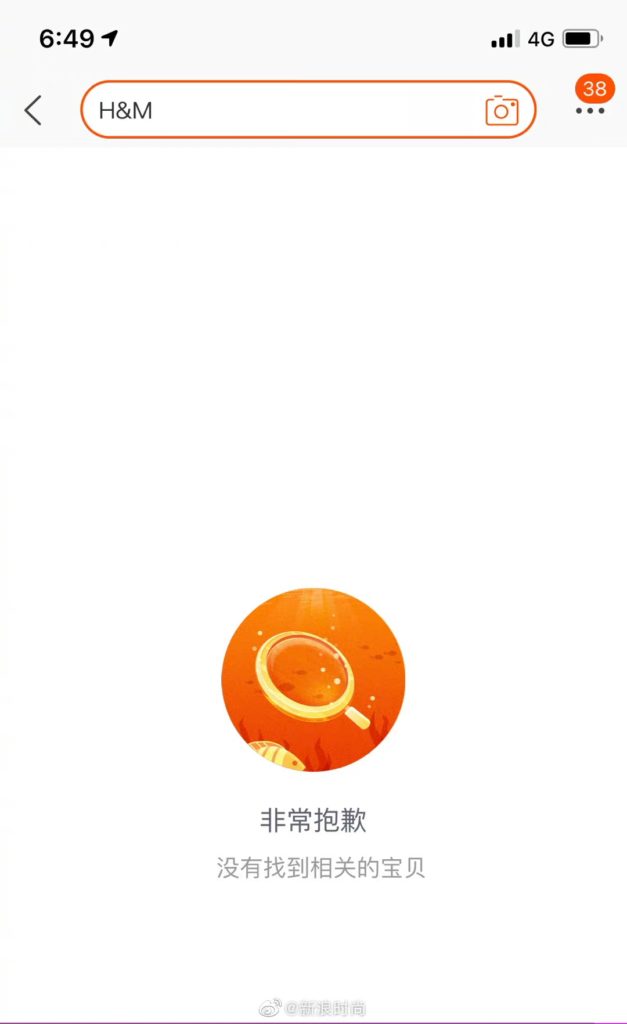
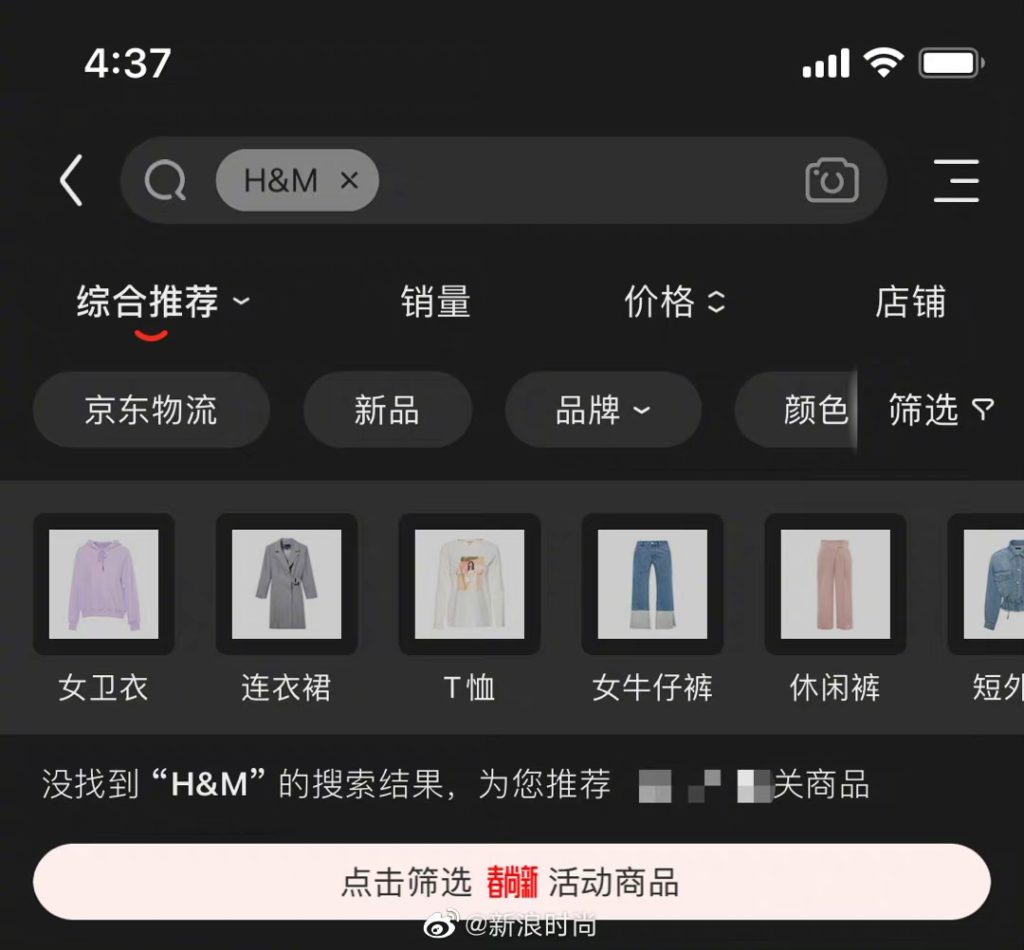
The reason why the topic has blown up on social media a year after the statement’s release is yet unclear, but it comes following a week of high tensions between China, and the US, UK, and EU after sanctions on individuals and organisations have been issued on either side.
H&M’s current scandal highlights the extreme sensitivity surrounding political issues that exist for brands with a presence in the Chinese market. Indeed, H&M isn’t the only brand to face disapproval today. Netizens have also brought to light previous statements by Nike and Uniqlo about Xinjiang, and have started urging for a boycott of their products on social media. The hashtag ‘Nike’ has been trending on Weibo, and a related post has received 37,800 shares and 858,000 likes at the time of writing. Netizens have also dug out remarks from Adidas, New Balance, GAP, and Fila on the issue.
As a growing number of international brands fall out of favour, Chinese consumers are increasingly looking to domestic brands, as expressed in the ‘guochao’ trend, a nationalistic surge reflected in consumer behaviour.
Read more:




